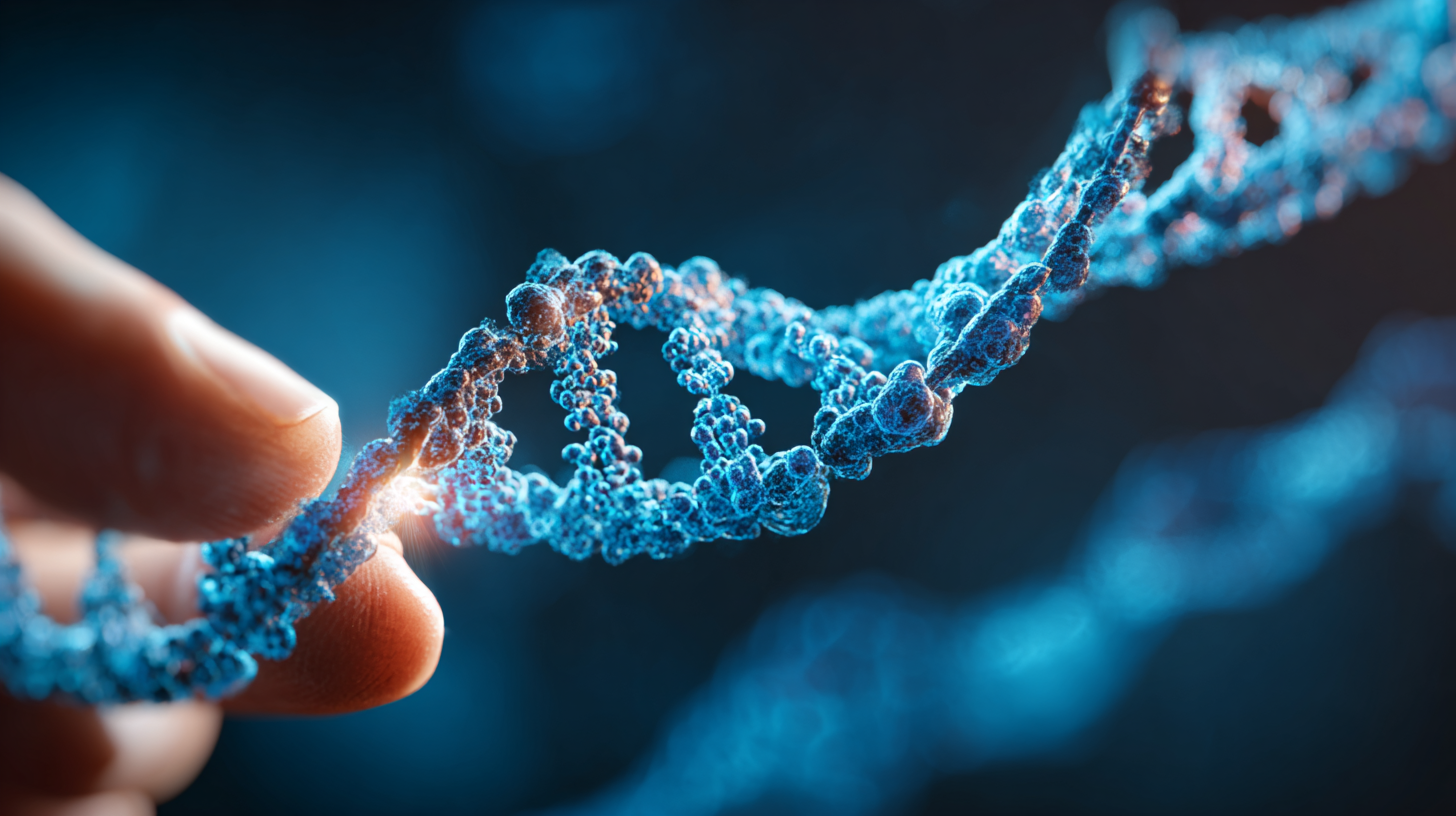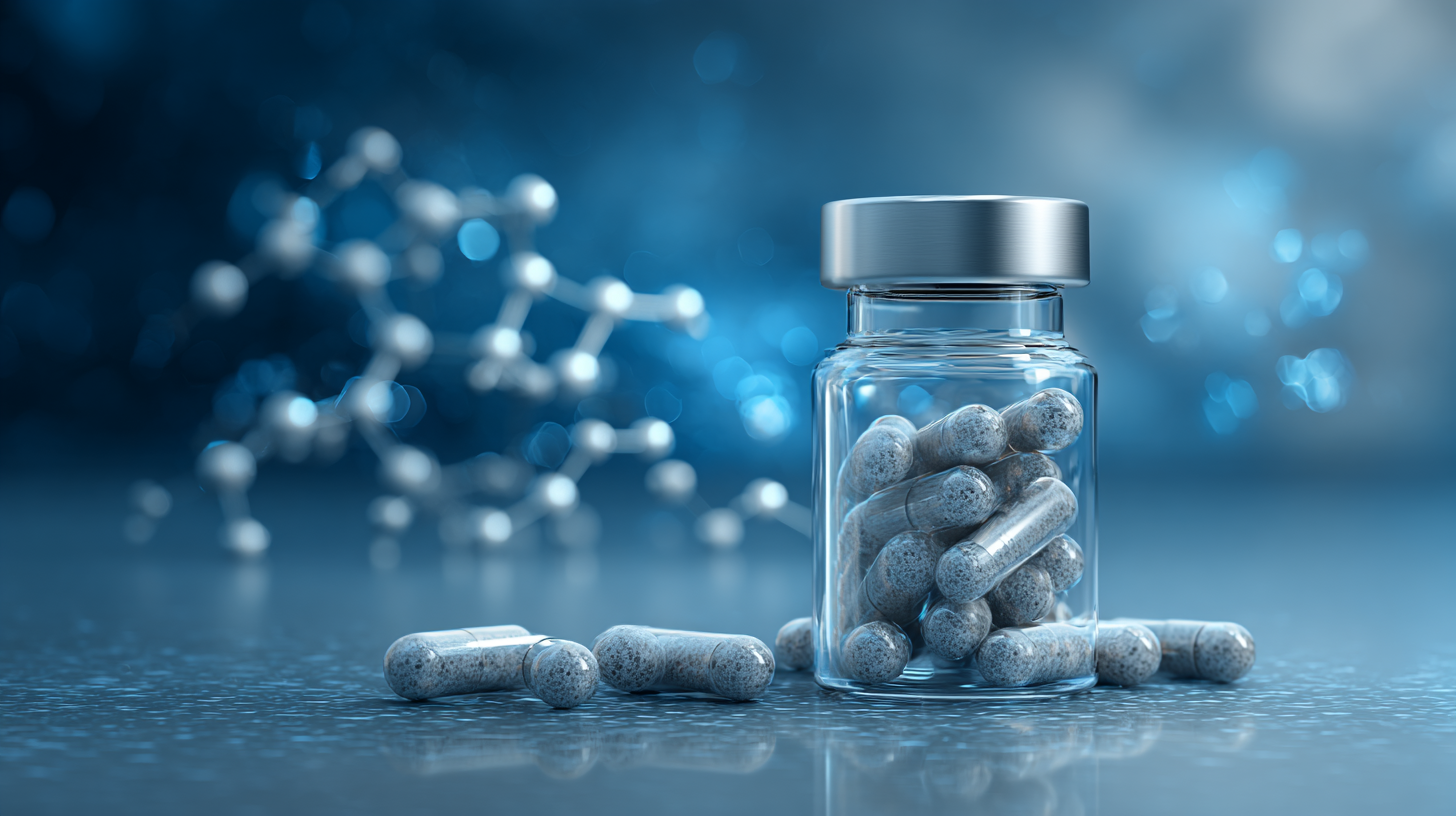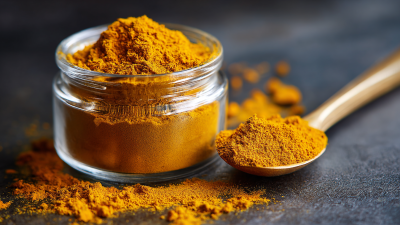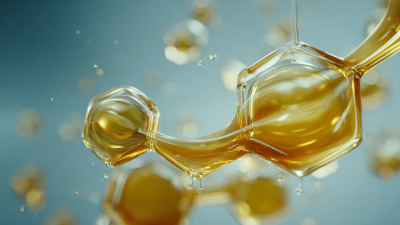Unveiling the Science: How NMN and Nicotinamide Mononucleotide Unlock the Secrets to Youthful Aging
As the quest for longevity and youthful vitality continues, the scientific community has turned its focus to
NMN (Nicotinamide Mononucleotide) as a promising solution. Research indicates that NMN plays a critical
role in cellular metabolism and energy production, with a study published in "Cell Metabolism" revealing that its supplementation can enhance
NAD+ levels, a coenzyme essential for DNA repair and cellular function, by up to
60% in aged mice. Furthermore, the American Academy of Anti-Aging Medicine highlights that declining NAD+ levels are linked to various
age-related diseases, indicating the potential of NMN to combat the effects of aging. With the global anti-aging market projected to reach
$421.4 billion by 2028, the interest in NMN and its benefits is surging, making it a key player in the narrative of youthful aging.
By understanding how NMN Nicotinamide Mononucleotide works, we can unlock the secrets to maintaining health, vitality, and longevity as we age.

The Role of NMN in Cellular Energy Production and Aging
Nicotinamide Mononucleotide (NMN) has emerged as a pivotal molecule in the field of aging research, particularly due to its role in cellular energy production. NMN is a derivative of niacin, a vitamin that contributes to the biosynthesis of nicotinamide adenine dinucleotide (NAD+), an essential coenzyme involved in various metabolic processes. As our bodies age, NAD+ levels naturally decline, leading to decreased energy production, impaired cellular function, and the onset of age-related diseases. Supplementing with NMN can effectively replenish NAD+ levels, thereby boosting cellular metabolism and enhancing energy production.
The enhancement of NAD+ through NMN supplementation has far-reaching implications for the aging process. Studies suggest that higher NAD+ levels can improve mitochondrial function, reduce oxidative stress, and promote DNA repair mechanisms. These benefits may contribute to improved muscle function, increased endurance, and even cognitive benefits as we grow older. By unlocking the potential of NMN, researchers are optimistic about its ability to not only extend lifespan but also enhance healthspan, ensuring that individuals maintain vitality and physical capabilities well into their later years.
Unveiling the Science: Role of NMN in Cellular Energy Production
This chart represents the relationship between NMN supplementation levels and the corresponding cellular energy production in units of ATP (adenosine triphosphate) measured in µmol/g/h. Data shows how different dosages of NMN affect energy production, illustrating its potential impact on youthful aging.
Understanding Nicotinamide Mononucleotide: A Key to Longevity
 Nicotinamide Mononucleotide (NMN) has emerged as a potential key player in the quest for longevity. As a nucleotide derived from ribose, NMN is a precursor to nicotinamide adenine dinucleotide (NAD+), a crucial molecule involved in cellular energy production and metabolic processes. With age, the levels of NAD+ decline, leading to a slowdown in cellular functions and an increase in age-related ailments. By supplementing with NMN, researchers suggest that we can boost NAD+ levels, thereby rejuvenating cellular efficiency and promoting healthier aging.
Nicotinamide Mononucleotide (NMN) has emerged as a potential key player in the quest for longevity. As a nucleotide derived from ribose, NMN is a precursor to nicotinamide adenine dinucleotide (NAD+), a crucial molecule involved in cellular energy production and metabolic processes. With age, the levels of NAD+ decline, leading to a slowdown in cellular functions and an increase in age-related ailments. By supplementing with NMN, researchers suggest that we can boost NAD+ levels, thereby rejuvenating cellular efficiency and promoting healthier aging.
Recent studies highlight the remarkable effects of NMN on age-related physiological functions. Animal models have demonstrated that NMN supplementation leads to improved endurance, enhanced cognitive function, and even better overall metabolic health. Furthermore, NMN's ability to activate sirtuins, the proteins linked to longevity and cellular repair, has garnered significant attention in the scientific community. This connection provides insight into the mechanisms underlying youthful aging, positioning NMN not just as a supplement, but as a promising ally in the pursuit of a longer, healthier life.
How NMN and Nicotinamide Mononucleotide Affect NAD+ Levels
Nicotinamide mononucleotide (NMN) has garnered significant attention for its role in influencing NAD+ (Nicotinamide adenine dinucleotide) levels in the body, an essential coenzyme involved in various metabolic processes. As we age, NAD+ levels tend to decline, leading to a range of age-related health issues. Supplementing with NMN is believed to enhance the synthesis of NAD+, thus potentially reversing some of the biological effects of aging. This revitalization of NAD+ levels supports cellular repair, energy production, and overall metabolic function, presenting a promising avenue for promoting youthful vitality.
Research indicates that NMN may activate sirtuins, a family of proteins that play a key role in cellular health and longevity. By boosting NAD+ levels, NMN supplementation can optimize the activity of these proteins, which are crucial for DNA repair, regulation of inflammation, and maintaining metabolic health. The interplay of NMN and NAD+ suggests that targeting these compounds could be pivotal in cultivating not just a longer life, but a healthier one, highlighting their importance in the pursuit of youthful aging.
Exploring the Anti-Aging Benefits of NMN Supplementation
Nicotinamide Mononucleotide (NMN) has emerged as a powerful supplement in the realm of anti-aging treatments. Recent studies indicate that NMN supplementation can significantly boost levels of nicotinamide adenine dinucleotide (NAD+), a vital coenzyme necessary for energy production and cellular repair. According to a report published by the National Institutes of Health, young mice given NMN exhibited improved muscle endurance and enhanced insulin sensitivity, suggesting profound benefits for metabolic health in mammals.
Furthermore, a clinical trial conducted by researchers at Harvard University revealed that NMN supplementation in older adults resulted in measurable improvements in metabolic markers, including increased blood flow and reduced insulin resistance. The trial followed participants over a 12-week period, demonstrating how NMN can potentially mitigate the effects of aging at the cellular level. As anti-aging science progresses, NMN stands out as a promising candidate, paving the way for innovations in healthspan and longevity.
Unveiling the Science: How NMN and Nicotinamide Mononucleotide Unlock the Secrets to Youthful Aging - Exploring the Anti-Aging Benefits of NMN Supplementation
| Dimension |
Description |
Research Findings |
Potential Benefits |
| Cellular Energy |
NMN is a precursor to NAD+, essential for ATP production in cells. |
Studies show that NMN supplementation increases NAD+ levels in aged tissues. |
Improved energy metabolism and physical performance. |
| DNA Repair |
NAD+ is crucial for activating sirtuins, proteins that help with DNA repair. |
Research indicates enhanced genomic stability with increased NAD+ levels. |
Reduced cellular aging and lower cancer risk. |
| Cardiovascular Health |
NMN has been linked to improved endothelial function. |
Studies demonstrate improved blood flow and reduced arterial stiffness. |
Lower risk of heart disease and improved exercise capacity. |
| Metabolic Function |
NMN aids in glucose metabolism and insulin sensitivity. |
Research suggests NMN supplementation improves insulin sensitivity in aging. |
Weight management and reduced risk of Type 2 diabetes. |
| Cognitive Function |
NAD+ is important for neuronal function and plasticity. |
Findings indicate NMN may support cognitive health in aging populations. |
Enhanced memory and learning capabilities. |
Scientific Studies Supporting NMN's Youth-Promoting Properties
Nicotinamide mononucleotide (NMN) has recently surged in popularity, particularly among Chinese consumers eager to explore its alleged anti-aging properties. Scientific studies suggest that NMN acts as a precursor to nicotinamide adenine dinucleotide (NAD+), a vital molecule in cellular metabolism that tends to decline with age. This decline in NAD+ levels has been linked to various aging-related health issues, making NMN an appealing supplement for those seeking to bolster their longevity and vitality.
However, while the excitement around NMN is palpable, experts urge caution. Current research primarily involves animal studies, and the human data remains limited. Prominent researchers recommend larger, long-term studies to definitively ascertain the effectiveness of NMN in promoting youthful aging in humans. As the craze for NMN continues, it's essential for consumers to stay informed and critically evaluate the evidence supporting these supplements.
Tips: When considering NMN or any supplement, consult with a healthcare professional to ensure it aligns with your health goals. Additionally, focus on a holistic approach to aging, including a balanced diet and regular exercise, which have consistently shown benefits in promoting longevity.


About Us
Products
Nutraceuticals
Botanical Extracts
Berberis Extract
Ginkgo Biloba Extract
Rutin
Quercetin
Grape Seed Extract
European Bilberry Extract
Broccoli Seed Extract
Fisetin
Ajuga Extract
Resveratrol
Stevia Leaf Extract
Green Tea Extract
Olive Leaf Extract
Epimedium Extract
Rhodiola Rosea Extract
Panax Ginseng Extract
Pomegranate Extract
Garlic Extract
Milk Thistle Extract
Black Pepper Extract
Fruit & Vegetable Juice Powder
Customized Service
News
Blog
Contact Us








